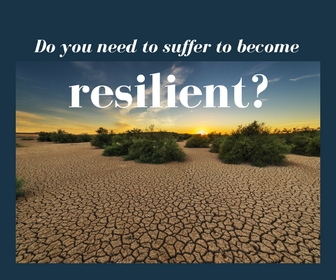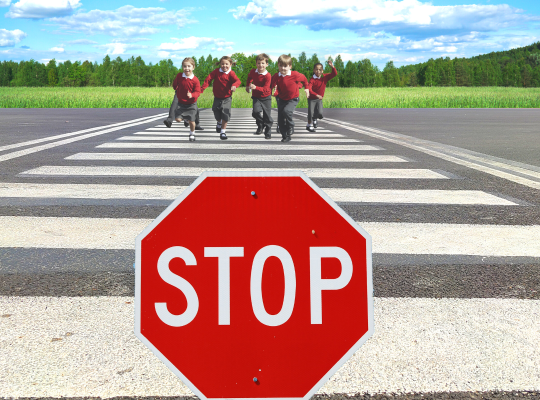“Nearly all men can stand adversity, but if you want to test a man’s character, give him power”
– Abraham Lincoln
Resilience is not only a learned trait, but is often the result of an individual’s reaction to life’s circumstances: that being adversity or power. These circumstances can be challenges that might be perceived as truly difficult, but equally, they might also be perceived as really positive. In childhood, for instance, a person can become resilient through learning responsibility at a young age, either through design (by receiving chore charts and real consequences) or through necessity, such as when parents are not able to be full-time care givers. Children might also find ways to grow their resilience through challenges such as competing in sport and taking on external responsibilities from a young age. They can also learn resilience through becoming aware of the differences between various people and their own sense of being unique. Strong positive role models might help children in challenging circumstances to have someone to model themselves on, whereas strong negative role models might become the inspiration to be “different” and overcome the adversity.
In young adulthood resilience is often learned because children move out of their sheltered environments and have to develop a sense of self that can be filled with challenges of self-doubt and quests to make the right life decisions. Again this can be learned either in the privilege of taking a gap year travelling, or through having to enter the workforce or facing financial adversity.
Often in young adulthood decisions seems to weigh heavy and may be perceived as life-long, but it is in middle life and older adulthood that resilience really is being put to the test when we have to let go of decisions we made earlier on, or change them. Middle adulthood see people end long term relationships and start up new ones, progressing into new phases in their careers, often involved more in people management than in the technical side of things, and other challenges such as caring for an ageing generation might also challenge the individuals.
Of course, resilience is not just tied to life stage but often observed when a particular life challenge has occurred: the death of a loved one, diagnosis of a serious illness, loss or even gain of a lot of money. Resilience comes not from the circumstances, whether it is adversity or power, but from our reaction to it: not to be overwhelmed by the change but to react with boldness, enthusiasm, and constructive action!
Coaching can be one way to boost your ability to recognise and exercise your resilience proactively. Contact me at coach@coachmind.net.






